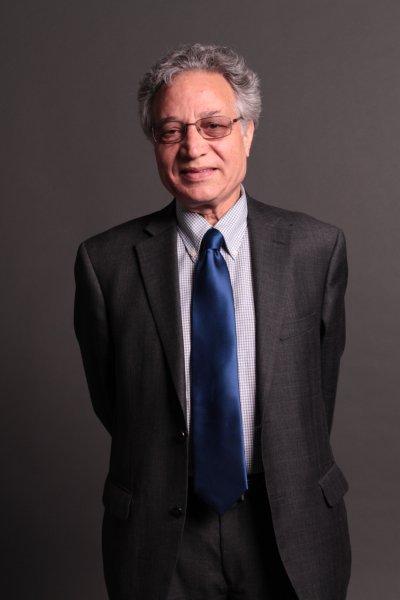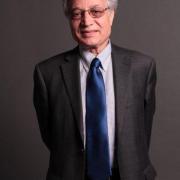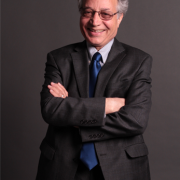
Profile
For 19 years Ahmad Karimi-Hakkak was Professor of Persian language and literature and Iranian culture and civilization at the University of Washington. He has studied in Iran and the United States, receiving his Ph.D. in comparative literature from Rutgers University in 1979, and has taught English and comparative literature and translation studies, as well as classical and modern Persian literature at the University of Tehran, Rutgers University, Columbia University, and the University of Texas. Professor Karimi-Hakkak is the author of 19 books and over 100 major scholarly articles. He has contributed articles on Iran and Persian literature to many reference works, including The Encyclopedia Britannica, The Encyclopaedia Iranica, and The Encyclopedia of Translation Studies. His works have been translated into French, Dutch, Spanish, Russian, Greek, Arabic, Japanese, and Persian. He has won numerous awards and honors, and has served as president of the International Society for Iranian Studies and several other professional academic organizations. Ahmad Karimi-Hakkak is married and has two sons, Kusha Karimi and Kia Karimi.
Video & Transcript
I began my education in Persian poetry on my father’s knees. I was really, must have been a toddler, maybe five or six when he began reading and reciting and chanting Persian poetry in my ears, and it all sank in the way a sponge sinks in water. I was fascinated – totally knew exactly what I was going to do by the time I was ten. The specific question that I pursue is how does this literature change through time? We have got in Islamic Iran eleven hundred years of Persian literature – an initial simplicity in form and lexicon, and sophistication in thought and ideas, and plenty of ambiguity. As time moves, the literature gets more and more sophisticated; you see these mystical thoughts. The notion of God is assimilated into the notion of the lover and beloved in a love triangle. As this tradition changes in the 19th century this time, the influence of the west begins to be felt. And now, in terms of its genre and form, Persian literature is no different than English literature: it’s got a classic period and it’s got a modern period.
Since my youth I have had this ambition to write a history of Persian literature. Histories of Persian literature leave me baffled and unsatisfied because I think they are primarily Iran-centered. Very little recognition is given to Persian literature produced outside of the modern day country of Iran. In older times, Iran was not the name of a country, it was the name of a whole people and the Persian language was the arena of acting by so many different ethnic groups. Last year I spent part of my sabbatical in India to study what in our field is known as Indo-Persian poetry. This is poetry that was produced by Indians in India writing in the Persian language. I feel this is particularly relevant to our time because right now the government of the Islamic republic of Iran is trying to link up poetry with religion too much, and I want to say that it’s possible to be an atheistic, a Muslim, an agnostic, a Hindu, a Buddhist and write a literature that connects all of humanity. I am hoping I will have the opportunity to finish this magnum opus of mine, written in English, with the kind of ideas that I can bring to bear in making it a part of the universal tradition, and I hope the book that I leave behind will be used in that direction.
I am really very optimistic about the future. I think it holds great possibilities for integrating Persian literature and Arabic literature and these lesser known literatures, so I think future students of literature would not just be trained in English literature, but go beyond it in their own careers into their understanding of what literature really is as a world phenomenon.
The world cannot live without poetry. The world cannot live without literary creativity. Let’s remember that we change people’s minds or mood, we celebrate, we mourn through through poetry, and that act is going to continue as long as time exists.
 ,
,  ,
,  ,
, 





